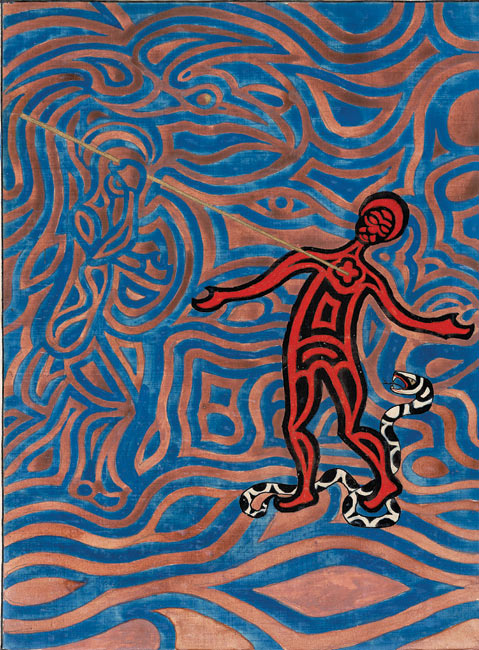I began to become convinced that this way of seeing is our most ordinary, normal, human, way of encountering our world; that in the absence of intervening technologies, our animal senses spontaneously animate the sensuous surroundings. We speak of things “catching our gaze,” “calling our attention,” “grabbing our focus,” and those are all quite precise ways of speaking, because as we’re wandering the world, things solicit our attention, draw us into dialog, a kind of conversation without words. A fallen leaf on the ground calls my attention, and so I slow down to stop and gaze at it. And so, in my experience, this leaf is not dead, though it’s been lying on the ground for days. It has its own agency. It has its own power, its potency. And so, it is with everything we experience. This has become a very basic insight to me: that our bodily senses, left to their own devices, are inherently animistic; that sensory perception is participatory; that the senses are gregarious organs that actively participate in the surrounding terrain; and that when we speak of the world around us as a set of objects or objective mechanical processes, we actually frustrate our senses and force our awareness to withdraw from our skin and from our eyes and our ears, and we climb up into our heads and live in a set of verbal abstractions—because the human animal cannot help but experience the world as animate and alive through and through.
David Abram, from “The Ecology of Perception”, an interview in Emergence Magazine
Animal Senses
Like what you’ve read?



